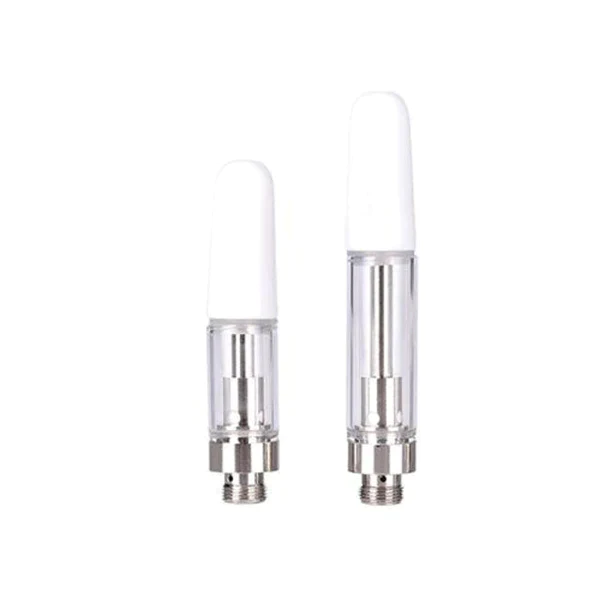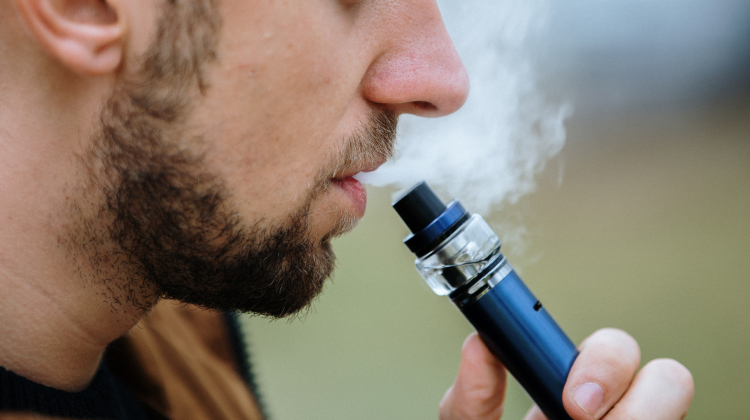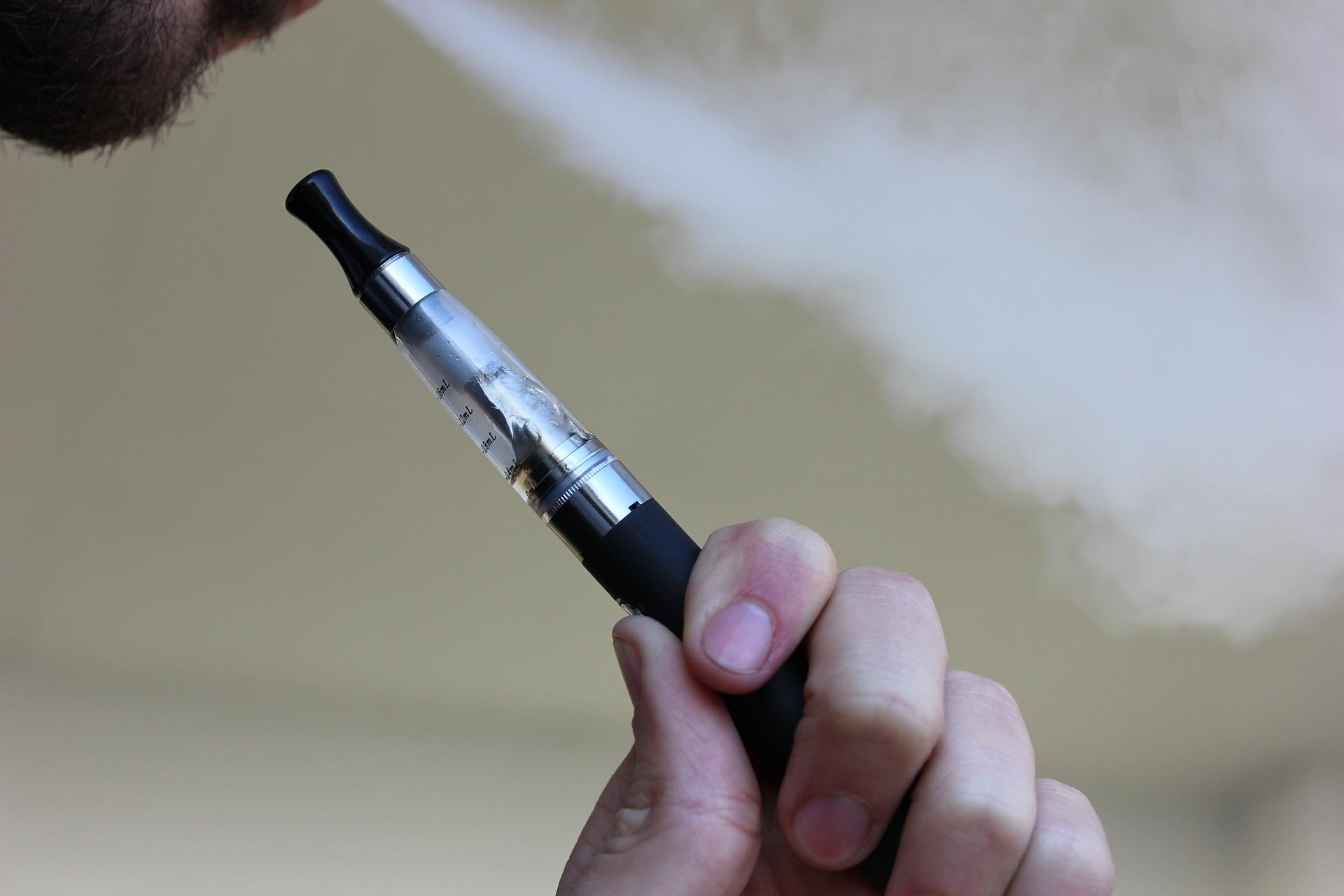Delta 8 THC, a compound found in cannabis plants, has gained popularity as a milder alternative to traditional THC. This has led to an increase in Delta 8 vape products, but concerns have arisen about potential health risks associated with their use. In this article, we will delve into reported cases of adverse events related to Delta 8 vapes and their public health implications.
Understanding Delta 8 THC
Delta 8 THC is a cannabinoid found in cannabis plants that is chemically different from Delta 9 THC, which is responsible for marijuana’s psychoactive effects. Due to its distinct structure, Delta 8 THC has a milder psychoactive effect than Delta 9 THC. While Delta 8 THC is legal in most US states, it remains a controlled substance at the federal level.
Exploring Delta 8 Vapes
Delta 8 vapes are products that contain Delta 8 THC and are intended for use with a vape pen. These products come in various forms, including cartridges, disposables, and pods. They are often marketed as a legal and milder alternative to traditional THC.
Adverse Events Associated with Delta 8 Vapes
As with any new substance, concerns have arisen about the potential health risks associated with Delta 8 vapes. While ongoing research continues, there have been reports of adverse events related to these products. These events include nausea, vomiting, anxiety, and heart palpitations. In some cases, there have been more severe events like hospitalizations and seizures.
The West Virginia Poison Control Center reported two serious cases of adverse Delta 8 THC effects. These cases led to severe side effects in the individuals who took it.
We also analyzed data from the National Poison Data System (NPDS), which tracks poisoning and exposure to toxic substances across the US, to identify cases of adverse events associated with Delta 8 vapes. In recent years, there have been 349 reported cases of adverse events linked to Delta 8 vapes. Of these, 235 cases (67%) were classified as moderate to severe, requiring hospitalization or significant medical intervention. The most common adverse effects reported were hallucinations, vomiting, and heart palpitations. Other reported effects included anxiety, paranoia, dizziness, and respiratory distress. Fortunately, there have been no reported deaths associated with Delta 8 vapes.
The age range of those affected by these adverse events was broad, with cases ranging from individuals as young as 14 to those as old as 74. However, the majority of cases were reported in individuals between the ages of 18 and 34.
Public Health Implications of Delta 8 Vapes
The reported cases of adverse events associated with Delta 8 vapes raise concerns about the safety of these products. Although Delta 8 THC is less potent than Delta 9 THC, it still has psychoactive effects and can cause significant adverse effects in some individuals.
The lack of regulation and oversight of Delta 8 THC products is also concerning. Although marketed as natural and safe, these products have not undergone the same rigorous testing and safety evaluations as prescription drugs or FDA-approved over-the-counter products.
Moreover, the potential for misuse and abuse of Delta 8 THC products is also a concern. These products are marketed as legal alternatives to marijuana, but they can still be misused or abused, leading to adverse effects and potential addiction.
Conclusion
The reported cases of adverse events associated with Delta 8 vapes highlight the need for further research and regulation of these products. Consumers should be aware of the potential risks associated with Delta 8 THC and should exercise caution when using these products. If you are experiencing adverse effects after using Delta 8 vapes, seek medical attention immediately. If you are considering using Delta 8 THC products, consult with your healthcare provider to determine if they are safe




